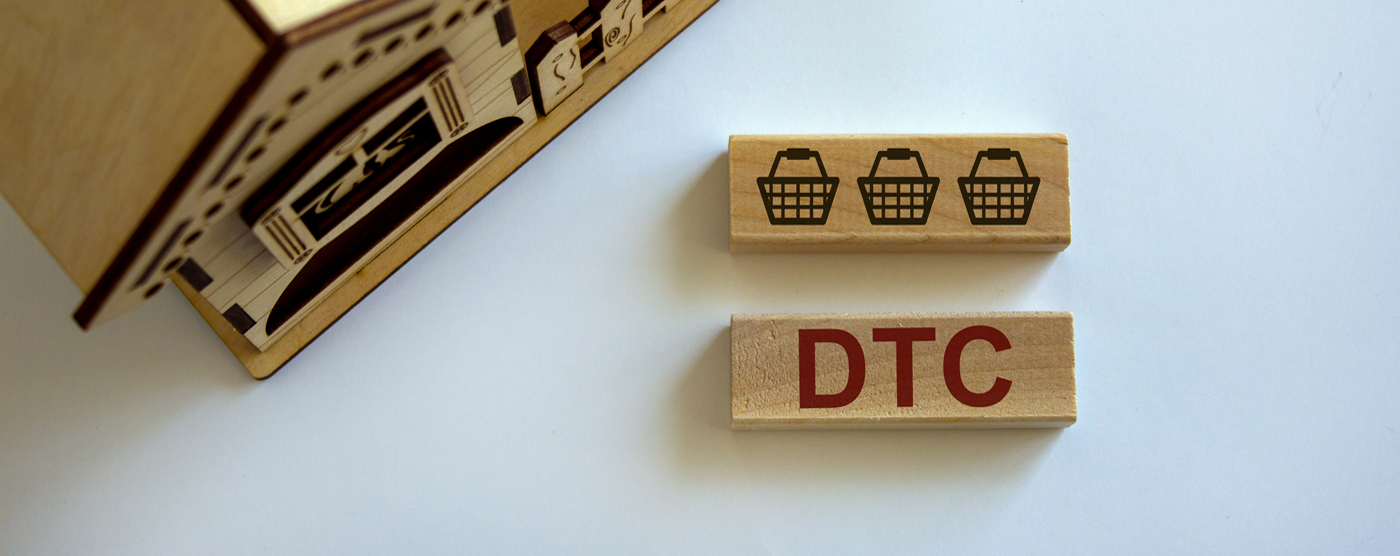
Advice on Direct-to-Consumer (DTC) Success
Shopping has changed—forever. One example of this change is how some customers prefer buying items straight from a business as opposed to a retail or wholesale store. Yes, direct-to-consumer (DTC) is the shopping method of choice for select patrons. What strengthens chances of success for businesses that operate on a direct-to-consumer platform?
The presence of DTC is rising
As noted in Supply Chain Game Changer, nearly half of manufacturers of all kinds are quickly trying to build DTC channels, as 87 percent consider them a worthwhile to both their products and interested consumers. Additionally, many of these manufacturers began as startups that operated exclusively on a DTC basis, and include such now well-known names as WarbyParker, OneDollarShave, and Caspar.
Advantage to operating a DTC business
An in-depth report published in CB Insights noted that DTC brands have flexibility that retail and wholesale stores do not, in that they are able to test different models of distribution. While the initial attraction of a DTC operation is selling directly to customers—avoiding the retail store factor—some brands can branch out and establish partnerships with retailers. Some have even opened up their own brick-and-mortar store as a means to increase awareness of their individual brands.
How DTC works
Richard Kestenbaum, writing for Forbes, described the math: DTC pricing costs less than what a product would cost at a retailer, but more than the price at a wholesaler. The customer winds up paying less for the product of choice, but the DTC brand earns the same profit, while at the same time establishing a direct relationship with the customer. (And direct and healthy relationships between merchants and customers are all important in today’s market.)
Equation: gross margin balanced with customer acquisition cost
If you own, or are considering starting a DTC business, there are a few points to keep in mind when promoting or launching your operation.
Two numbers—the gross margin and customer acquisition cost—must always align, or the DTC business will fail.
- The “gross margin” is defined as the DTC’s net sales revenue minus the cost of goods sold (COGS). Mr. Kestenbaum notes that successful DTC brands achieve a gross margin of at least 50 percent.
- The “customer acquisition cost” (or CAC) is the amount of money a DTC business pays in order to attract customers. Owners of DTC brands should carefully monitor CAC, as it often fluctuates.
Pointers DTC startups should be mindful of
If you own, or are considering starting a DTC business, there are a few points to keep in mind when promoting or launching your operation. As listed by Dimira Teneva in Metrilo:
- Long-term growth: Focus on building a strong foundation with first-time customers. If your product matches what they are seeking, target these customers, and keep them happy. Satisfied first-time customers will become return customers keeping you in business longer.
- Relationships: What make DTC brands unique are the genuine relationships they develop with their customers. Maintaining transparency about everything, from your brand’s culture to pricing, among other points, lets your customer literally know you.
- “What more can we do for you?”: This question is actually a form of strategy. Give your customers the opportunity to voice how they feel about your DTC brand. This will enable you to highlight the positives as well as fix and attend to any negatives. And whether feedback is good or bad, always respond. (Remember: You have a relationship with your customers.)
- Identity: Another advantage a DTC brand has over other types is in the opportunity to stand out and above the competition—providing the brand identity is strong and memorable. Ask questions. “What need does my product fill?” “What makes it better than others?” “How can I improve?” (Yes, this step requires homework.)
- Quality: This may seem obvious, but as the owner of a DTC brand, you must take stock of the products you manufacture and sell and guarantee your customers are getting top-of-the-line merchandise for their money. They chose your product, and are likely paying more than they would for something that’s mass-produced.
The common theme of the pointers listed above is integrity. Developing a relationship with customers, being above board with them, listening to what they have to say, and truly serving what they want and need are the ingredients to the integrity of a DTC business. (Side note: Matching the right products with the right target audience is an example of first-party data in action. Read about the importance first-party data here.)
Do you have a direct-to-consumer business that could use some stronger direction to keeping or attracting customers? A service like Raydeus Local can provide you with a variety of helpful services, such as reputation management and search engine optimization, among others. Get in touch with us to learn more.
